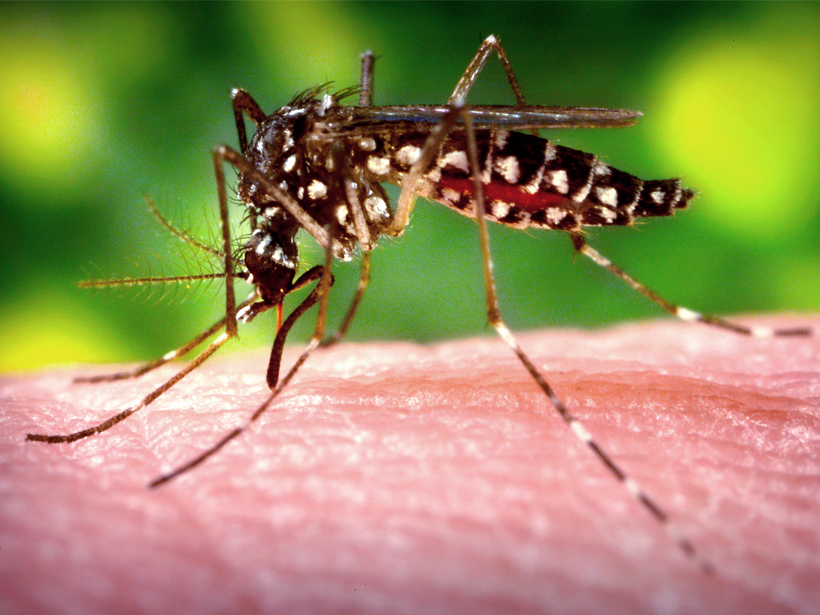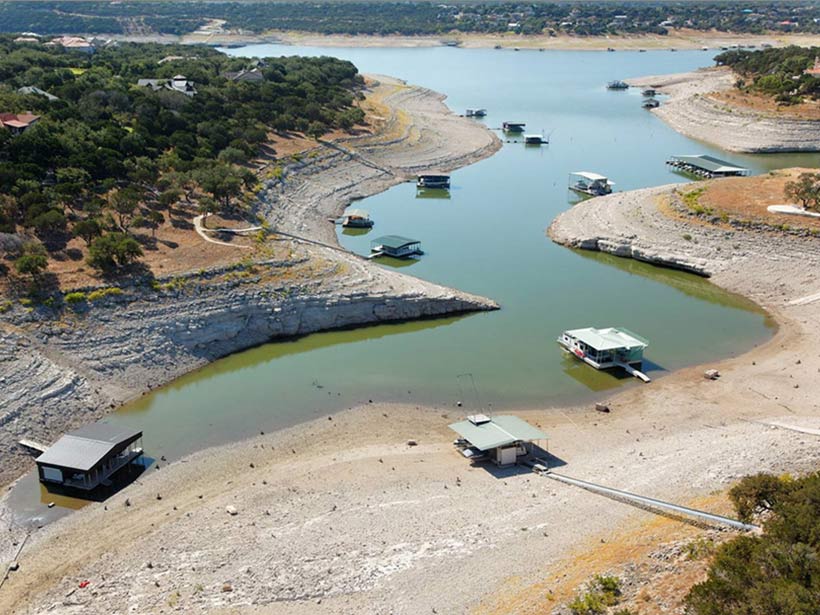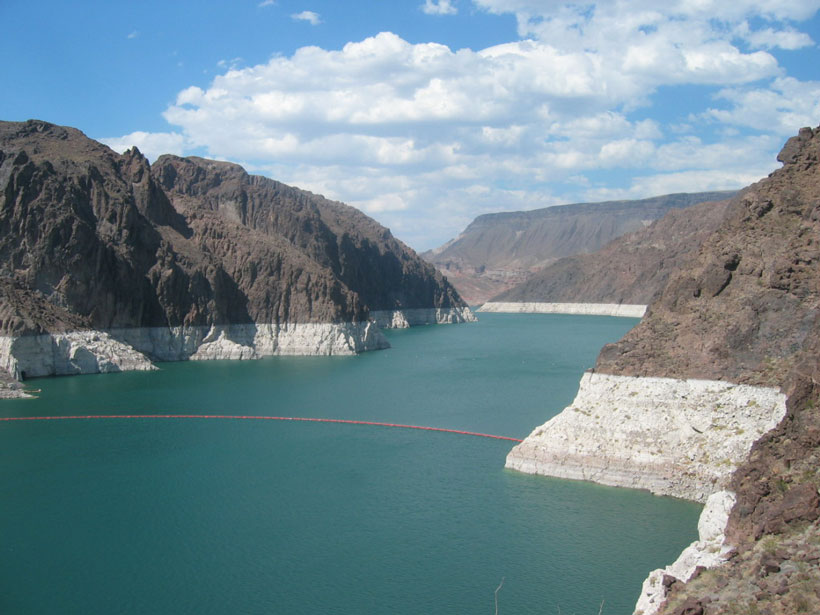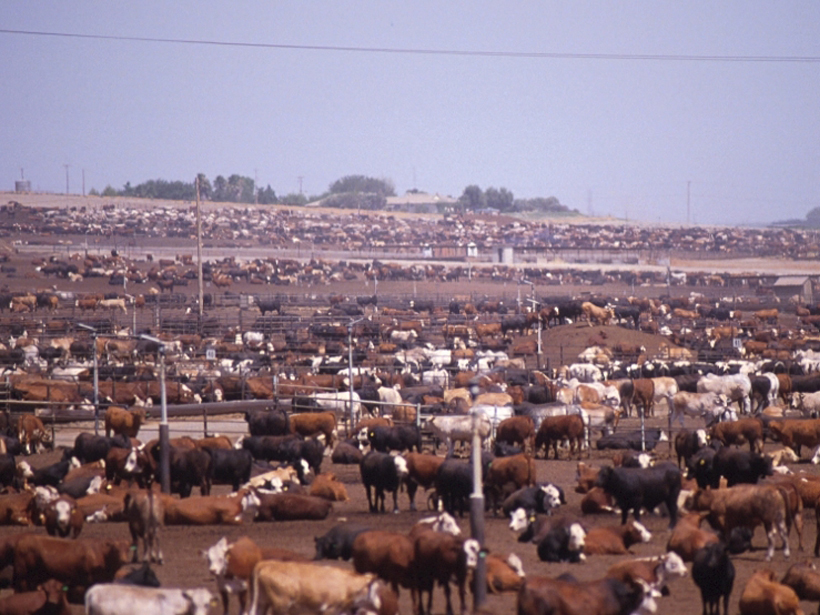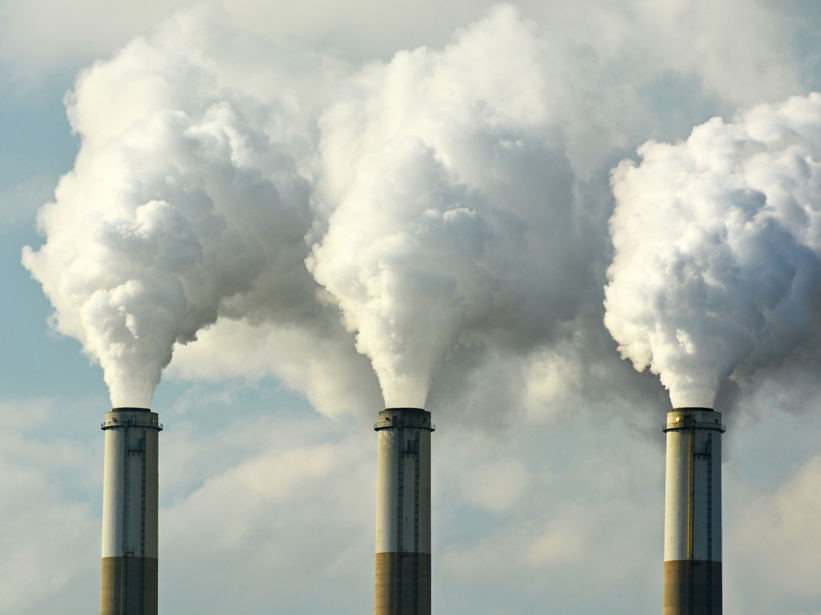By greatly reducing the associated uncertainty, a new model is better able to discern statistically significant trends, offering the potential to improve the seasonal forecasting of rare events.
United States
Seven Ways Climate Change Threatens U.S. Population's Health
A report by the U.S. Global Change Research Program finds health risks from global warming tied to heat, air quality, vector-borne diseases, water issues, extreme weather, nutrition, and mental stress.
U.S.-Cuba Scientific Cooperation Revs Up
The administration has sought to promote scientific collaboration with Cuba by reducing restrictions on travel and equipment donations and forging research partnerships.
Anticipating Cascading Effects from Climate Extremes
Preparing for High Consequence, Low Probability Events: Heat, Water & Energy in the Southwest; Tucson, Arizona, 28–29 September 2015
New Interest in Reservoir Evaporation in Western United States
Reservoir Evaporation Workshop; Boulder, Colorado, 22–23 October 2015
U.S. Methane Emissions on the Rise
Data suggest that the United States may be responsible for half of global methane increase in the past decade.
Could We Have Predicted What El Niño Would Bring?
Researchers take a retrospective look to see if precipitation and flooding due to El Niño could have been predicted a priori.
Asphalt Volcanoes Erupt in Slow Motion
Natural asphalt seeps on the ocean floor provide a stable home for diverse marine life that sequesters greenhouse gases.
Court Delay on U.S. Climate Plan Won't Stop Clean Energy Efforts
While many states wait for judicial clarity, analysts predict that the move toward clean energy and emissions reductions will continue.
White House Showcases Earthquake Alerts, Federal Quake Readiness
A prototype ShakeAlert early warning system approaches alert-ready status as the administration issues an executive order on federal earthquake standards.

